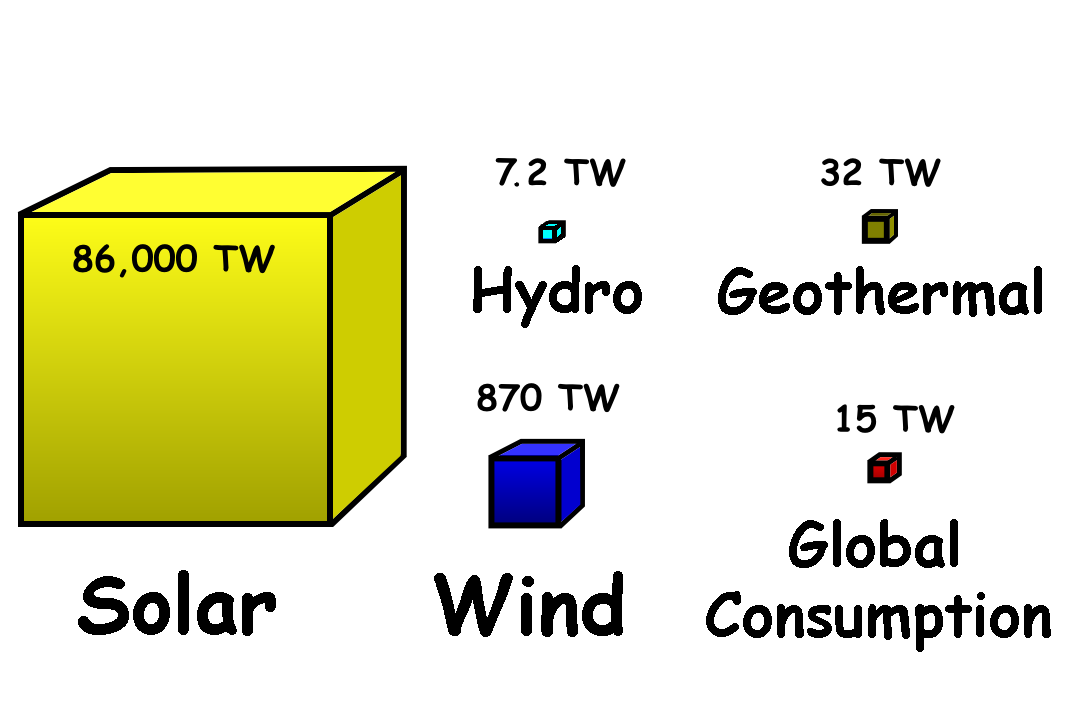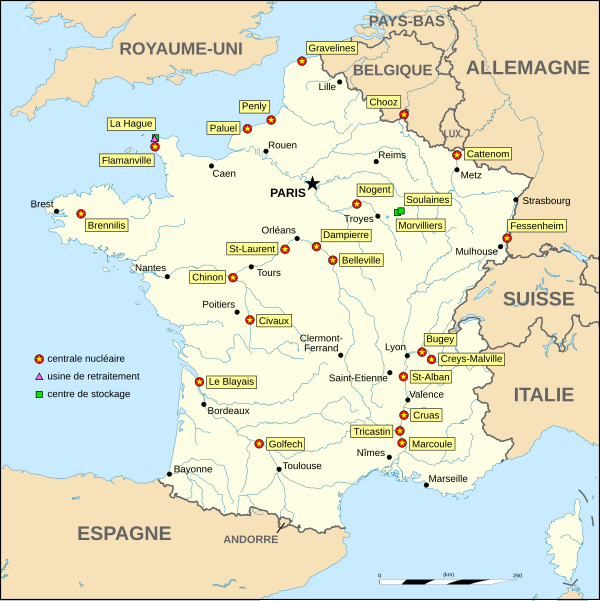I think nuclear power isn't safe. If all works properly, and all procedures are followed, in a perfect world, yes, it would be safe. But the world isn't perfect.
First of all, the nuclear reactions in a reactor are pretty chaotic, a small change in the parameters can result in a strong change in the power output and the neutron flux. Currently, this is controlled by means of computers and many sensors, but these are just as safe as the people who programmed them. A failed sensor or a failed actuator is nothing uncommon as well.
Then you have the operators, which are just human as well. You have many historic examples how one shift of operators simply did not realize how bad the situation actually was, until a new shift with a new set of eyes looked over the instruments and realized that the indications had a mismatch.
Next, you have the solid rocket motor problem. All modern nuclear reactors operate by the idea of having all the fuel inside their pressure vessel. If something goes wrong, you can't just stop the fuel supply and the energy production will cease instantly. You can only catch the neutrons away so the reactions cease. And this isn't as easy as it sounds, such shutdown systems are pretty complicated devices that are designed to operate under all bad conditions that can be imagined. But such complexity also comes with new unimaginable ways to fail.
Finally, for the record: Fukushima was not caused by the Earthquake, or the following Tsunami. If you believe it, quickly forget this. The Earthquake was just the "tiny" drop of water that made the tub overflow. The real problem had been decades of mismanagement. Most critical safety items had only seen inspections on the paper - in reality nobody examined them. Also, it had been a BWR of the very first generations, which had been really build by the lowest bidders. Safety had to stand back for economy, even if scientists already knew that such designs are badly unsafe and the emergency cooling system inadequate. Also, somebody thought it was smarter to have the Diesel tanks for the emergency power supply at the most endangered place new the shore, so it is cheaper to resupply it by barges. Also the cold water pumps had been unprotected, resulting in many of them being damaged by the wave.
A much weaker Earthquake could have had similar results already, and there had been already many paths for completely unexpected accidents caused by critical hardware being unreliable.
So, I am against nuclear power in its current form. A "perfectly safe" nuclear power plant in Germany means it has only over 100 reported anomalies in 25 years of operation. Not every anomaly has to be reported, the law is pretty nuclear power friendly there. What gets reported are only the anomalies that are impossible to hide because you suddenly need to order a replacement part for a critical valve.
I think nuclear fusion could be the better alternative, since it bypasses many problems that we get with current fission designs, but nuclear fusion is not available yet. We invested a lot of tax payers money into nuclear power, and got pretty much nothing in return. Not even cheap energy, even the cheapest nuclear power plants had been unable to produce electricity cheaper than coal power plants, and that despite the tax payer lowering the operation costs a lot. A modern, pretty safe nuclear power plant (Yes, technology does not stand still, but the main problems keep on existing), would already cost twice as much as a modern coal power plant per GWh and that without paying the storage of nuclear waste.
If nuclear power companies would have to pay for the correct disposal of their waste... they would stop using nuclear power instantly.
Also, I am convinced that regenerative power sources are able to provide more than enough electricity, if the power network is just large enough and agile enough to adapt to the changing weather conditions. The wind doesn't stop blowing everywhere at the same time, and somewhere the sun will shine. The tides keep on existing and travel twice around the planet every day. The energy is there.



